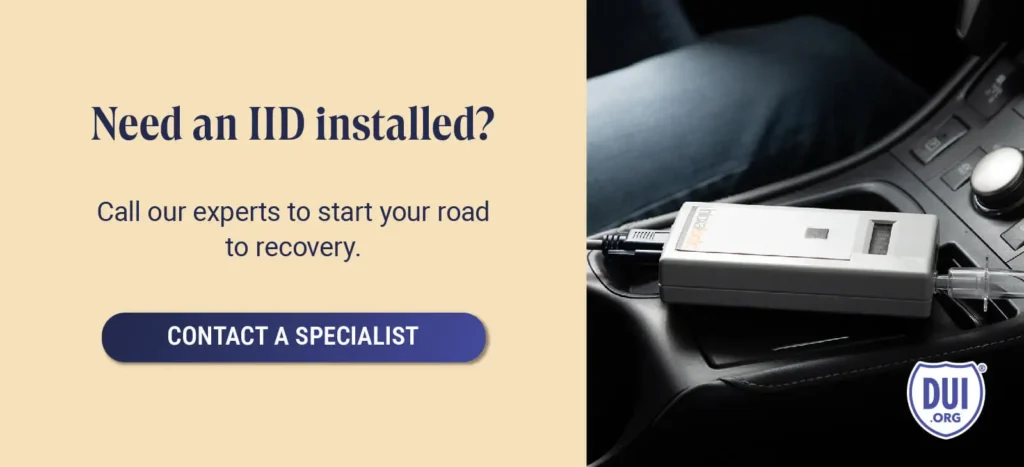
If you’ve been charged with an OWI in Wisconsin (Operating While Intoxicated), it’s essential to understand the legal and administrative processes involved. This guide breaks down the key steps including Wisconsin’s OWI definitions, the administrative and criminal processes, financial penalties, and how to get your license reinstated.
Wisconsin’s Definitions of OWIs
In Wisconsin, an OWI offense occurs when a driver operates a vehicle while impaired by alcohol or drugs. The state sets the following Blood Alcohol Content (BAC) limits:
- 0.08% BAC: For drivers aged 21 and older.
- 0.04% BAC: For commercial vehicle drivers.
- 0.00% BAC: For drivers under 21 (absolute sobriety/zero-tolerance policy).
Enhanced penalties apply for individuals with a BAC of 0.15% or higher, and additional penalties exist for drivers who refuse a chemical test under Wisconsin’s implied consent law.
Criminal Process: OWI Charges and Penalties
In addition to the administrative process, Wisconsin OWI penalties include criminal consequences that vary based on the offense level. These penalties can include fines, jail time, and other consequences.
Types of OWI Charges
- First-Offense OWI: A first OWI offense is typically treated as a civil offense and does not result in criminal charges. However, fines, license suspension, and IID installation may apply.
- Second or Subsequent OWIs: Repeat offenses are criminal offenses and carry more severe penalties, including higher fines, longer jail time, and extended suspension periods.
- Felony OWI: A fourth OWI in Wisconsin is treated as a felony, which carries harsher penalties, including long-term imprisonment and larger fines.
Criminal Penalties for OWI in Wisconsin
The criminal penalties for OWI in Wisconsin include:
- Fines: Fines for a first OWI offense range from $150 to $300, while repeat offenders face fines of up to $10,000.
- Jail Time: For second or subsequent offenses, jail time can range from five days to six years, depending on the severity and number of prior offenses.
- Probation: OWI offenders may be placed on probation, requiring compliance with court-ordered conditions like attending treatment programs.
Administrative Process: License Suspension for OWI in WI
After being charged with an OWI in Wisconsin, you will face an administrative process where the Department of Transportation (DOT) may suspend your driving privileges.
The length of your license suspension depends on the details of your OWI offense:
- First Offense: Typically results in a six to nine-month suspension.
- BAC of 0.15% or Higher: A one-year suspension is typically imposed for drivers with a BAC of 0.15% or higher.
- Refusal to Take a Chemical Test: Refusal to submit to a chemical test leads to an automatic one-year suspension.
- Repeat Offenders: Multiple OWI offenses result in longer suspension periods, which can range from two to three years.

Wisconsin’s Ignition Interlock Program
Wisconsin mandates the use of an Ignition Interlock Device (IID) for certain OWI offenses. An IID requires the driver to pass a breathalyzer test before the vehicle can start.
- Mandatory IID: Wisconsin law requires IIDs for first-time OWI offenders with a BAC of 0.15% or higher, for all repeat offenders, and for drivers who refuse to take a chemical test.
- IID Duration: The required IID period is typically one year from the date of installation, or the length of the suspension or revocation period, whichever is longer.
Options for Dealing with a License Suspension
Once your license is suspended, you have two primary options for managing the suspension:
- Serve the Full Suspension: You can choose to wait out the entire suspension period without driving.
- Apply for an Occupational License: If eligible, you can apply for an occupational license, which allows you to drive to specific places like work, school, or medical appointments. However, you’ll need to install an IID if required by your offense.
Types of Reinstatement and Requirements
After your suspension or revocation period, reinstating your driving privileges in Wisconsin requires you to meet several conditions.
What’s Needed for License Reinstatement in WI
The requirements for reinstating your license after an OWI offense include:
- Alcohol and Drug Assessment: You must complete an alcohol and drug assessment through the Wisconsin Department of Health Services' Intoxicated Driver Program (IDP).
- Completion of Required Treatment: If the assessment recommends treatment, you must complete the required treatment or educational program.
- Ignition Interlock Device (IID): If required, you’ll need to install and maintain an IID for the mandatory period.
- SR-22 Insurance: For high-risk drivers, an SR-22 form (proof of insurance) may be required to show you meet Wisconsin’s minimum insurance requirements.
- Reinstatement Fee: To reinstate your license, you must pay a reinstatement fee, which is typically $200.
Financial Penalties for Reinstatement
In addition to the reinstatement fees, there are other financial penalties associated with an OWI in Wisconsin:
- Fines: For a first offense, fines range from $150 to $300, but fines can increase significantly for repeat offenders or aggravating factors such as a high BAC or causing injury.
- IID Costs: If required to install an IID, the costs range from $50 to $150 for installation, with monthly monitoring fees of $60 to $100.
- Alcohol and Drug Assessment: The costs associated with alcohol and drug assessments and treatment programs vary depending on the provider and length of treatment.
Regaining Your Driving Privileges After an OWI in Wisconsin
Dealing with an OWI in Wisconsin involves navigating both administrative and criminal processes. Consult a qualified DUI attorney in your area with any legal questions. To get back on the road, you’ll need to complete any required alcohol assessments, potentially install an IID, and pay fines and reinstatement fees.
By understanding Wisconsin’s OWI laws and following the proper steps, you can work toward reinstating your driving privileges while managing the financial and legal consequences of your offense.
DUI.org Makes License Reinstatement Easier
Facing DUI charges in Wisconsin? DUI.org is here to guide you through the steps of installing an IID and securing SR-22 insurance. Get the support you need today!
Get support.
What is next? We can help you through the process. Give us a little information and we can support you through the next steps.
All fields are required.